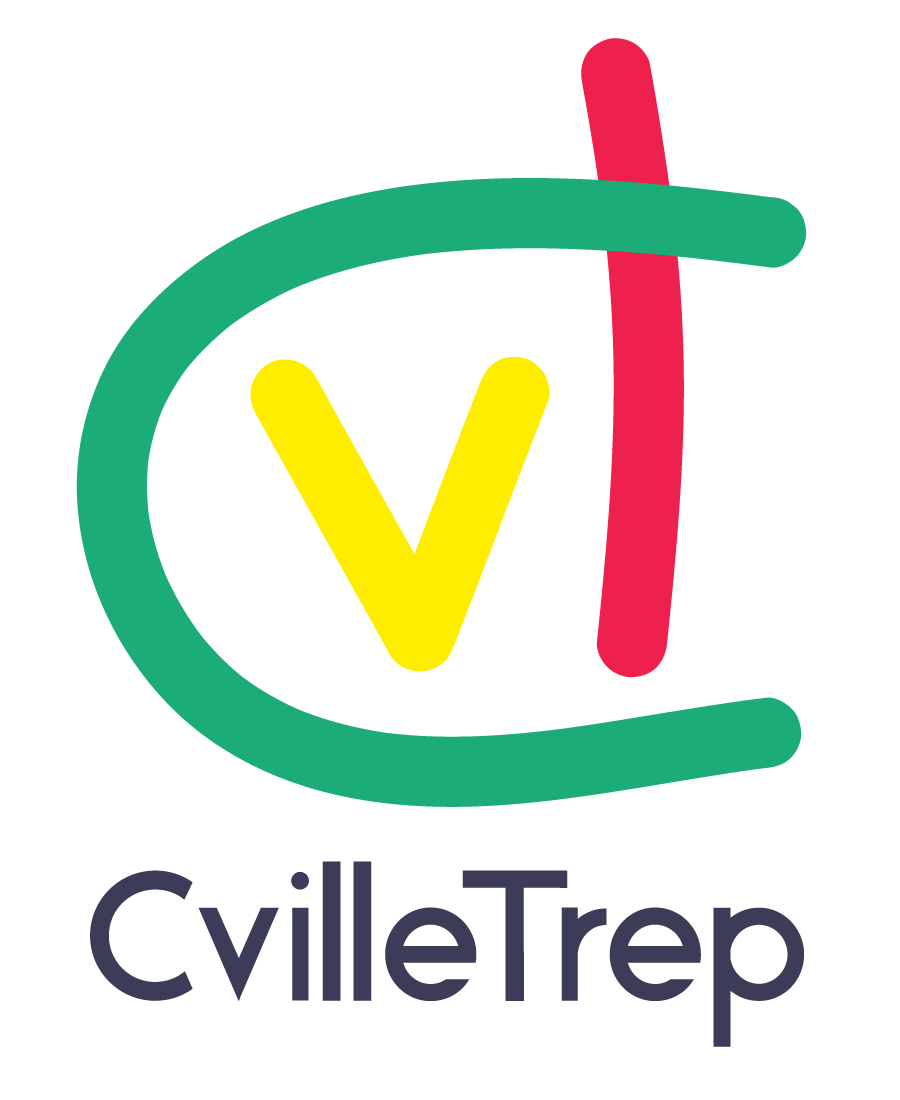Copyright: CvilleTrep, LLC
WHAT MAKES A GOOD MENTOR?
Potential Mentors come in many forms. They can be broadly categorized along two continuums.
1. Knowledge about you and/or your business.
2. Amount of “Directedness”, or the degree to which a Mentor is willing to tell a Mentee what they should do, as opposed to having them figure it out for themselves.
None of these categories are absolutes, and there are MANY exceptions to those portrayed below. These categories are for illustrative purposes, and only meant to have the Mentor think about which tendencies they might have, and the Mentee (person being mentored) think about what they want from a Mentor.
As seen above, this creates four categories of Mentors:
1. Your lawyers and accountants as examples.
a. Highly Directive
b. Highly knowledgeable.
It is generally a good idea to listen to your lawyer and your accountant. They have highly specialized knowledge, and ignoring them can get you in to deep trouble.
2. Story Tellers.
a. Not very Directive.
b. Not very knowledgeable about you or your business.
These are the folks who start out their Mentoring sessions by saying things like “When I was you age I did…” implying that because that is what they did, it should be what the Mentee does. This is NOT MENTORING and generally not useful.
3. Parents.
a. Highly directive.
b. Not very knowledgeable about you or your business.
Parent have a tendency to believe they know what is best for their children. Sometimes this ignores what the children’s desires are and/or ignores the person they have grown up to be.
4. Mentors
a. Tend to be somewhat directive (along a continuum in Yellow)
b. Strives to learn who you are and understand your skills and motivations.
A good Mentor tries to understand the personal and business context the Mentee is operating in. A good Mentor may have an idea of what a Mentee should do, but rather than telling them, can encourage the Mentee to look at the consequences of various actions.
The benefit of a Mentor is that they have experience, Gladwell’s 10,000 hours. They can anticipate the consequences of actions the Mentee cannot. The objective is for the Mentor to get the Mentee to consider the impact of many possible decisions, and then step back and let them decide. I can tell you a secret, whatever they tell you they will do, in the end, they will do what they think is right. As long as %51 of their decisions are good, they will be ahead of the game. Your job is to get them to %60 or more of good decisions. There are some things that can only be learned by failing.


